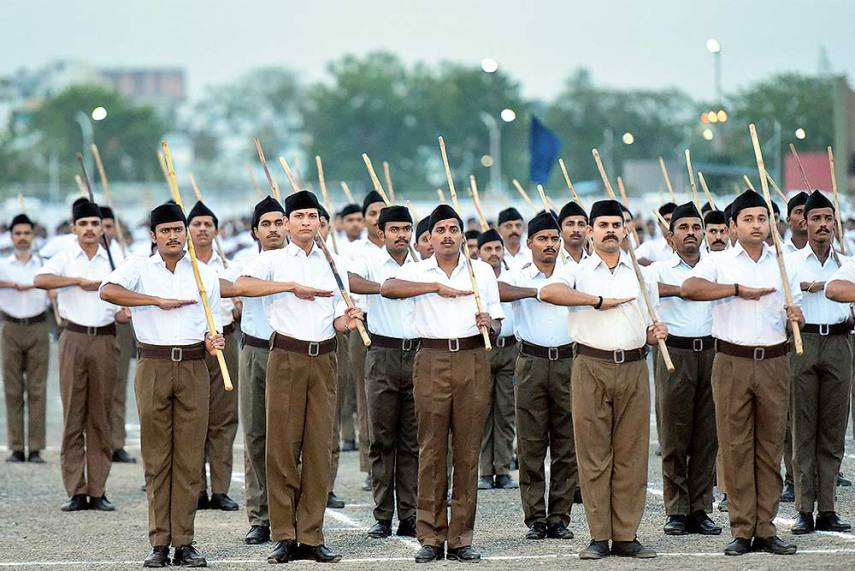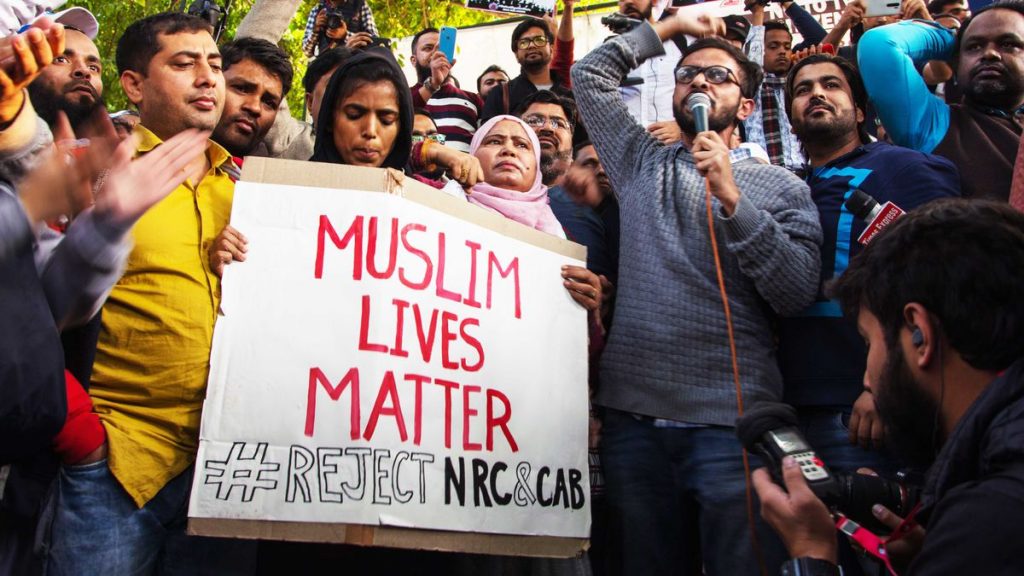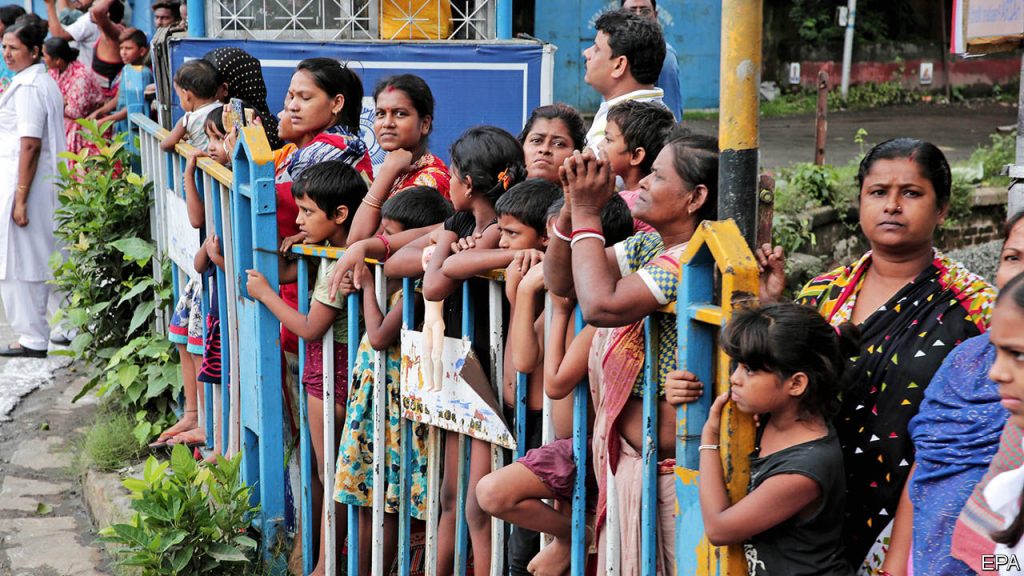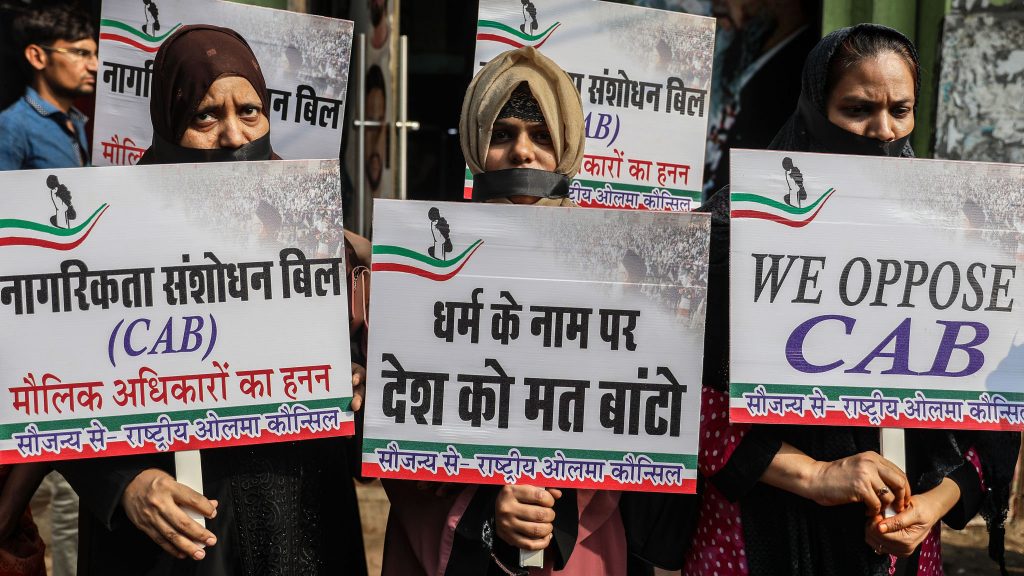Background
India and Pakistan were originally ‘one country’ ruled by the British until 1947 when the British rulers left. By the time the Indian subcontinent got independence from the British, its people had been divided into two nations as it were: the Hindus and Muslims; which resulted in the subsequent division of the territory into two countries, namely, India and Pakistan.
Soon after, there followed horrible riots that killed thousands of Hindus and Muslims in mutual violence. Thousands of Hindus fled from Pakistan to India, and thousands of Muslims fled from India to Pakistan.
Before the British came to rule India, for about seven centuries, India was ruled by Muslims, first by the Delhi Sultans and later by the Mughals. Then came the British; and they ruled India for about two centuries.
There was an important difference between the Muslim rulers and the British. The Muslims who came from outside settled in India for good and developed a close relationship with the Hindus.
The Muslim rulers never tried to impose their religion on the Hindus; rather they took them into confidence in administrative matters even by appointing them in high offices of the state.
But the British rulers from the beginning were oppressive and they considered the people of India as “barbarous natives” who needed “civilizing”.
They remained conquerors all along and were eager to plunder the country and carry off its wealth to the west.
The resentment of the people grew into a resistance movement against the British government, in which the Muslims were in the forefront along with the Hindus. In August 1947 the British left India leaving behind a legacy of “divide and rule” policy.

The RSS
Under the Muslim rulers, especially the Mughals, India had reached the height of development by the standards of those days.
But there was a section of Hindus in India who thought that the Muslims were outsiders who didn’t have any right to be in India, as India belonged to the Hindus exclusively. These Hindus formed an organization called the Rashtriya Swayam Sevak Sangh in 1925.
Today the RSS is a force of more than 4 million volunteers devoted to the conversion of India into a Hindu state.
India’s president, vice president, the head of the ruling party and even Prime Minister Narendra Modi, (who joined its children’s unit of the RSS when he was eight years old), as well as a majority of the ministers, were groomed by the RSS.
With its affiliates, the RSS is one of the world’s largest non-government associations – and it’s also the ideological mentor of Modi’s ruling right-wing Bharatiya Janata Party (BJP).
The group, banned three times in post-independent India, has been accused of fueling a religious conflict that has claimed thousands of lives – mostly Muslims.
It has now unprecedented influence across India, according to Walter Andersen, professor of South Asia studies at Johns Hopkins University.

Growing RSS
He writes: “On policy process, yes, it [the RSS] is much more active and outspoken than ever before and that is because the affiliates have grown rapidly and those affiliates have penetrated every aspect of Indian society”.
Under Modi, the organization has grown exponentially, with a 32 percent rise in daily gatherings as claimed by its own proponents. “Modi is the most loved child of the RSS,” said Satish Misra, a political analyst at the Observer Research Foundation in New Delhi. “This time again RSS will back him to the hilt so that its ideological objectives are further progressed.” {https://www.scmp.com/news/asia/south-asia/article/3005840/inside-indias-rss-secretive-group-hardcore-hindus-dedicated}
It is the RSS that sets the agenda for the BJP government. Their priorities include the construction of a Hindu temple at the disputed site of the Babari Masjid, the abolition of special status for Jammu and Kashmir, India’s only Muslim-majority state, and the implementation of the most controversial National Register for Citizenship (NRC) and its amendment called, Citizenship Amendment Bill (CAB).

The New Citizenship Rules
In December 2019, India’s parliament approved new citizenship rules that redefine the nation — a pluralistic secular democracy with a sizeable Muslim minority — as a natural homeland for Hindus and adherents of other “Indic” faiths, from which Islam is pointedly excluded.
Hindus, Sikhs, Jains, Buddhists, Parsees and Christians that came to India from nearby Muslim-majority states — Pakistan, Bangladesh, and Afghanistan — prior to December 2014 will now be offered a fast track to citizenship, the first time India has incorporated religious criteria into its naturalization or refugee policies.
Prime Minister Modi’s government says the rules are an innocuous, humane effort to give citizenship to members of religious minorities that have looked to India for refuge from Muslim persecution. But critics see the bill as breaking with Mahatma Gandhi’s inclusive vision of India as a home for people of all faiths, and signaling to India’s 200 million Muslims that they do not fully belong.
“The danger is you essentially create a two-tier structure of citizenship with a privileged community and a marginalized community that feels they are members of a permanent underclass,” says Milan Vaishnav, of the Carnegie Endowment for International Peace. It sounds familiar, as we have the example of the Myanmar citizenship law before us.

The Case of the Rohingya
Back in 1982, Myanmar adopted a citizenship law recognizing eight ethnic groups as “national races”, whose members were entitled to citizenship. But Rohingya — a mostly-Muslim population reviled by Burmese as illegal migrants from Bangladesh — were excluded.
The government demanded “conclusive evidence” that the Rohingya’s ancestors had lived in Burma prior to its 1948 independence — impossible for most to provide. Thus the Rohingya were a stateless Muslim minority of a million people living in Rakhine state in Myanmar despite tight restrictions on their movement, education, employment, and marriage.
Most of the victims of this discriminatory law in Myanmar didn’t have the required documents, and so they were deprived of the rights other citizens are enjoying in the country. Eventually, under severe persecution, thousands of the Rohingya died and others fled to neighboring Bangladesh.
Those who remain in Myanmar live under an apartheid-like system that restricts their ability to move around for employment or other reasons, and severely limits their access to healthcare and education. They have suffered from bouts of communal violence, and almost 120,000 remain in squalid camps after being driven from their homes in 2012.
The Indian Muslims are faced with a prospect similar to that of the Rohingya. Because the CAB is a similar law adopted by the Indian government that excludes Indian Muslims from the privileges other citizens are enjoying in the country.

Discriminatory
In fact, India is gearing up for a massive national exercise to assess which of India’s 1.3 billion residents will qualify for citizenship. Echoing demands once made on Rohingya, Indians are asked to prove that their ancestors were resident in India in the first years after independence — or face the prospect of being declared illegal migrants, liable to detention and deportation.
Indeed the crucial test to determine the constitutionality of any legal provision is that all persons subjected to it are treated alike under like circumstances and conditions.
Thus, Article 14 of the Constitution, which states that the state shall not deny any person equality before the law or equal protection of the laws within the territory of India, forbids discrimination against any class of persons.
The CAB seeks to turn this well-recognized principle of the Constitution upside down. Its definition of “illegal immigrant” is qualified by a proviso:
“Provided that any person belonging to Hindu, Sikh, Buddhist, Jain, Parsi or Christian community from Afghanistan, Bangladesh or Pakistan, who entered into India on or before the 31st day of December 2014…. shall not be treated as an illegal migrant for the purposes of this Act.”
The reason is: The countries mentioned above are “Islamic” countries where many persons belonging to Hindu, Sikh, Buddhist, Jain, Parsi, and Christian communities have faced persecution on grounds of religion. And many such persons have fled to India to seek shelter with incomplete or no documents.

Persecution?
It is clear that the CAB assumes that Muslims of these three countries did not face “persecution on the grounds of religion.” The Bill also maintains a mysterious silence on whether those who have fled to India in the face of religious persecution include Muslims.
The Bill and its proponents in the government have no explanation to offer for the question of why neighboring Sri Lanka, Bhutan, and Nepal, which had state religions other than Islam and whose minorities too fled to India in the past were not brought within the ambit of the Bill.
Bracketing Afghanistan with Pakistan and Bangladesh, which were part of undivided India, also has no justification.
Another inexplicable and worrying aspect of the Bill is the omission of Rohingya Muslims, who fled to India in large numbers following religious persecution in Myanmar and have sought asylum on the grounds of religious persecution.
Obviously the Bill fails to satisfy the crucial requirements of Article 14 of the Constitution.
The CAB does not clarify why December 31, 2014, was chosen as the cut-off date or why most of the conditions for conferring citizenship were relaxed in the case of all the specified immigrant communities with the exception of Muslims.
Meenakshi Ganguly, South Asia director of Human Rights Watch, questions whether India can even afford to detain huge numbers who are likely to fail to meet the citizenship criteria.
“Are you going to take them out from sustainable livelihood and have the state feed them? Are there going to be slave camps,” she asked. “It’s very hard to understand what the plan is. But millions and millions of Muslims are feeling extremely insecure.”
Further References
https://www.nytimes.com/2019/12/27/opinion/india-constitution-protests.html:
We Are Witnessing a Rediscovery of India’s Republic – Dec 27, 2019Indians protesting against a discriminatory citizenship law are using the Constitution as a rallying cry.
By Rohit De and Surabhi Ranganathan
https://www.newyorker.com/magazine/2019/12/09/blood-and-soil-in-narendra-modis-india :
A Reporter at Large – December 9, 2019 Issue of the New Yorker
Blood and Soil in Narendra Modi’s India – The Prime Minister’s Hindu-nationalist government has cast two hundred million Muslims as internal enemies
https://www.islamicity.org/22399/the-making-of-hinducracy-in-modis-india/ :
The Making of Hinducracy in Modi’s India by Habib Siddiquy
https://www.islamicity.org/22301/the-long-arms-of-hindutvadi-supremacists/:
The Long Arms of Hindutvavadi Supremacists by Habib Siddiquy
